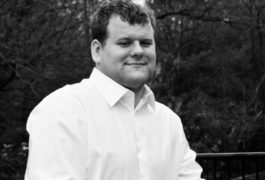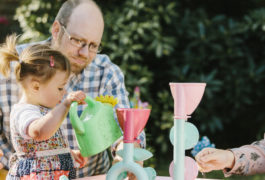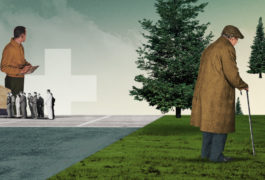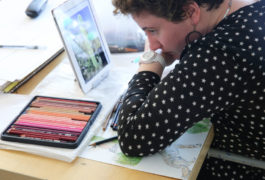Fathering geeks; GWAS weaknesses; Prozac protection and more
Paternal age drives ‘geek index’ scores, GWAS may have a big weakness, serotonin boosts mouse social behaviors, and what is science Tinder?
Paternal age drives ‘geek index’ scores, GWAS may have a big weakness, serotonin boosts mouse social behaviors, and what is science Tinder?

Serious obstacles, including lack of information, impede Latino families’ quest for autism diagnosis and treatment.

A new book highlights how parenting children with autism is a lot like parenting anyone: You worry, you obsess and, on many an occasion, underestimate everyone, including yourself.

Many general practitioners in the United Kingdom do not receive autism training, and report having little confidence in caring for patients on the spectrum.

When I was young, I didn’t know I was different from other people. I’ve since learned who I am, about my autism and how I can overcome the challenges of my condition.

Having autism as a parent might seem impossibly challenging. But a generation of parents with the condition is showing that it can be an advantage — even when their child does not share the diagnosis.

Community mental health clinics, which serve millions of Americans, can help identify adults with undiagnosed autism — and change their lives for the better.

Nicole Appel, a young woman with autism, draws — from memory — detailed portraits of people she knows.

Women with autism value friendships as much as their neurotypical peers do, but they often have difficulty forming and maintaining them.

People with autism fall in love. They marry. They even (gasp) have sex. Yet these deeply human needs have mostly gone ignored by scientists.